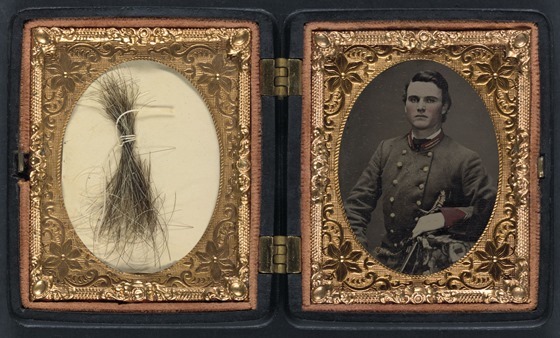October 31, Saturday. My time has been so occupied that I was unable to note down daily current events, which, however, have not been of special importance. It has been my practice to make a minute of transactions on the day they occurred, usually after my family had retired for the night, but for some days I have been occupied until near midnight with matters that cannot be dispensed with. I was getting materials and preparing the outlines for my Annual Report, when I received a communication from Du Pont, deliberately prepared, and with evident malicious intent, at his home “near Wilmington,” complaining of “harsh language,” “wounding words,” and “injurious imputations” in my letters and dispatches relative to his failure on the 7th of April. I am conscious of no such wrong as he attributes to me. Though grieved and disappointed in what took place, I felt no resentment, expressed none, to call out such denunciations, nor could he have had any such opinion in the day and time of those occurrences, as he would then have made his complaint. But the correspondence closed last June; he has been for months in Delaware, nursing discontent and chafing under disappointed ambition. His mind, as Drayton reports, has become morbid. He was for a time the great naval hero, but Farragut has eclipsed him. He has seen Farragut toasted and complimented, dined and extolled by our countrymen and by foreigners, until his envy and vexation could no longer be repressed. He therefore reviews the past, and, too proud to acknowledge or admit errors, faults, or infirmities, he assails me, who have been his friend, and declares he must again place on the files of the Department his indignant refutation of my charges. He specifies no charges, quotes no language, mentions no exceptional remark. I have treated him gently, for I respect his acquirements, though I dislike his intrigues. He doubtless thought I should refuse to receive and place on file his unjust complaint, and I at first hesitated whether to do so.
Du Pont has ability, pride, and intrigue, but he has not the great essentials of a naval commander, — heroic valor, unselfish energy, and devotion to the country. Thinks of himself more than of the country and the service. No more accomplished officer could command our European Squadron, but he is not made for such terrific encounters as that of Farragut at Mobile and New Orleans, and as are necessary to resist Sumter and capture Charleston. He has too much pride to be a coward, — would sooner die than show the white feather, — but the innate, fearless moral courage of Farragut or John Rodgers is not his. He feels his infirmity, and knows that I perceive it. But it is a weakness for which I did not reproach him, or use harsh language. I pitied him.
In this communication art and literary skill, on which he prides himself, are exhibited, but not true wisdom. He tries to be impudent, and, wishing to give offense, thereby lessens his dignity. Were I to return his jeremiad, it would be published, and his grief would excite sympathy. I must, therefore, in justice to myself, to him, and to truth reply. I have no doubt he has skillful advisers. H. Winter Davis, one of the most talented and ingenious men in Congress, has been his friend and adviser, and is, if I am not mistaken, his counselor now.












